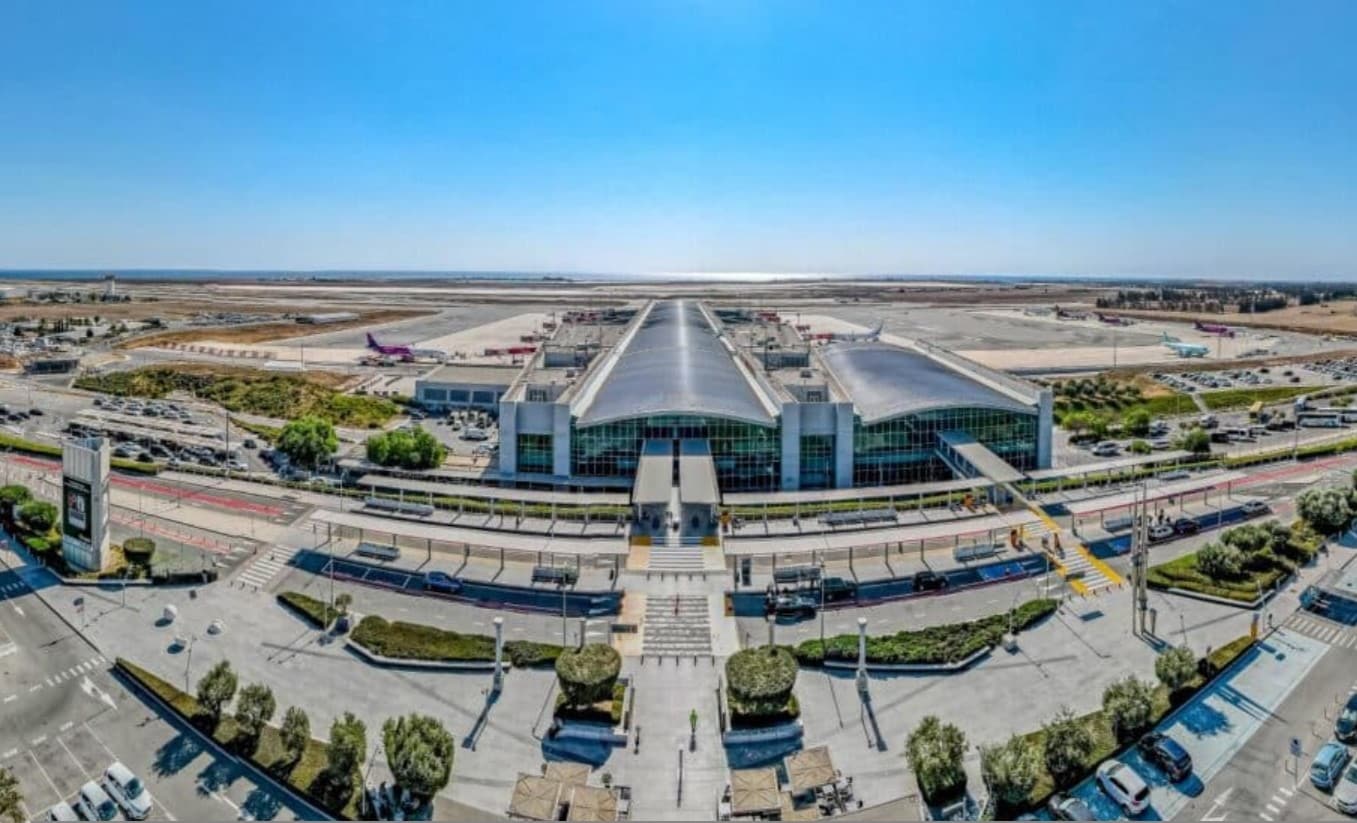Here are the top business stories in Cyprus from the week starting December 16:
Limassol’s share of the 2025-2027 state budget has drawn the ire of the Limassol Chamber of Commerce & Industry (Evel), which called for action to address traffic, infrastructure, and overdue development projects. The chamber said that Limassol, which generates half of Cyprus’ GDP, has been “allocated a disproportionately small share of the budget.” Despite the state budget, presented by Finance Minister Makis Keravnos, outlining €1.27 billion in co-financed projects over three years, Evel emphasised that Limassol’s share remains limited, particularly in expenditure on roads, which totals €448.4 million, with €184.1 million allocated for construction and €145.1 million for infrastructure. Evel President Andreas Tsouloftas stated that “it is unacceptable that Limassol, the engine of the Cypriot economy, should receive such disproportionate treatment from the government,” demanding fair allocation of resources.
Meanwhile, the Commissioner of State Aid Control, Stella Michaelidou, has approved a €3 million grant scheme to boost rural tourism. The initiative, titled ‘Grant Scheme for the Modernisation and Competitiveness of Hotels and Tourist Accommodations in Rural, Mountainous, and Remote Areas – 2nd Call,’ will provide support for digital upgrades, renovations, and energy efficiency improvements. Announced on December 6, the scheme aims to revitalise the tourism sector, with implementation managed by the Deputy Ministry of Tourism.
In Paphos, rising costs are driving restaurants and bars to the brink, with 50-60 establishments expected to close permanently in 2024. Angelos Onisiforou, chairman of the regional association of recreation centres, explained that soaring expenses such as rent and electricity, coupled with narrowing profit margins, have left businesses struggling. Although many are relying on the festive season to “catch their breath,” temporary closures and intensified competition have further complicated their survival.
Against this backdrop of economic challenges, Invest Cyprus has launched a series of strategic meetings to map and promote investment projects for foreign investors. The first meeting, held in the Famagusta region, marked a significant step towards fostering regional cooperation. This initiative aligns with the government’s efforts to position Cyprus as a prime investment destination, reflecting its broader economic development strategy.
Simultaneously, Hermes Airports has opened public consultation on its €170 million expansion plans for Larnaca and Paphos airports, with feedback invited until January 15, 2025. The project aims to modernise facilities and accommodate rising passenger traffic, with Larnaca International Airport expected to increase capacity to 12.5 million annually. This development underscores Cyprus’ ambition to bolster its standing as a regional aviation hub.
Additionally, DP World Limassol has secured a significant vehicle transhipment deal, marking the first agreement of its kind in nearly two decades. The deal, involving the transport and storage of approximately 17,000 vehicles, highlights Limassol port’s competitive edge in offering high-quality services. This milestone not only strengthens local and regional markets but also complements broader maritime ambitions.
These developments coincide with Cyprus’ efforts to enhance its maritime policy, as Shipping Deputy Minister Marina Hadjimanolis emphasised during an event in Athens. Highlighting the Cyprus registry’s growth, she noted that 170 new ships, primarily Greek-owned, were registered in 2024, demonstrating the strong partnership between Cyprus and Greek shipping companies.
Meanwhile, the Cyprus Stock Exchange (CSE) has introduced a market maker framework to enhance liquidity and competitiveness in the stock market. This initiative forms part of the CSE’s strategy to modernise operations and align with international practices, fostering a more dynamic financial landscape.
In the tourism sector, the Paralimni-Deryneia Municipality has partnered with the Cyprus Sustainable Tourism Initiative (CSTI) to promote sustainability. As part of this collaboration, the region has joined the ‘Keep Our Sand and Sea Plastic Free’ project, reflecting a commitment to environmental awareness and resource protection.
Further reinforcing Cyprus’ global profile, the Cyprus Shipping Chamber announced the appointment of its director general, Thomas Kazakos, as secretary general of the International Chamber of Shipping (ICS). This historic appointment underscores Cyprus’ leadership in the global shipping industry.
In innovation, the Cabinet has approved a revised start-up visa scheme to attract international entrepreneurs and enhance the local ecosystem. Since its inception, the scheme has facilitated the establishment of 21 start-ups, with revisions expected to make the initiative more attractive and effective.
Complementing these efforts, measures to expand labour market access for students and attract skilled professionals have been approved, addressing employment demands and supporting economic growth. Labour Minister Yiannis Panayiotou highlighted positive trends, including rising employment and falling unemployment, showcasing the government’s commitment to full employment conditions.
In parallel, Invest Cyprus has been re-elected to the board of the ANIMA Investment Network, further strengthening its role in fostering innovation and economic growth in the Euro-Mediterranean region. This re-election aligns with Cyprus’ broader goal of enhancing international collaboration.
The Central Bank of Cyprus (CBC) has launched a licensing and supervisory strategy for electronic money and payment institutions. This initiative aims to ensure the prudent development of the sector, reflecting the CBC’s commitment to robust governance.
As these multifaceted efforts unfold, tourist arrivals in Limassol are rising, offsetting the loss of the Russian market. Anthi Theocharous, VP of Tourism at Evel, noted that while Limassol’s share of nationwide tourism has slightly decreased due to urban planning changes, overall tourism trends remain positive, showcasing resilience in the sector.
Further supporting the community, the Bank of Cyprus has announced measures to assist vulnerable borrowers. These include an interest rate subsidy for housing loans under government schemes, set to take effect on January 10, 2025, demonstrating the bank’s commitment to social responsibility.






Click here to change your cookie preferences